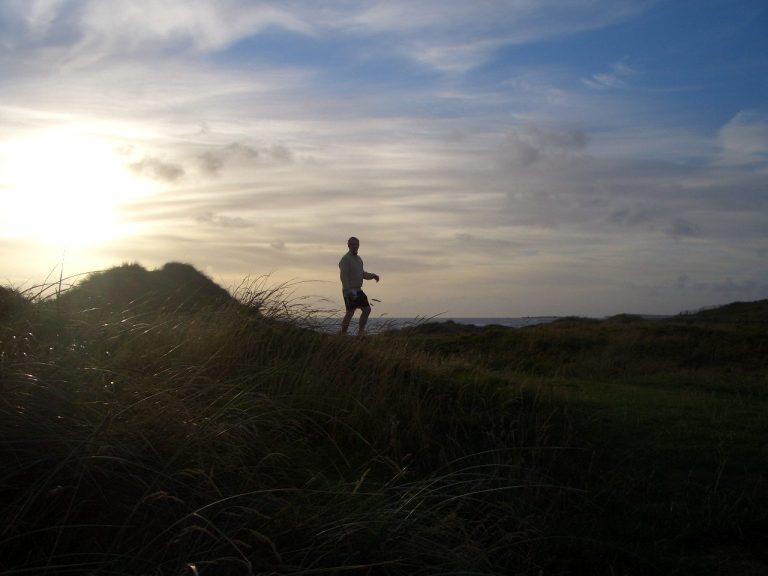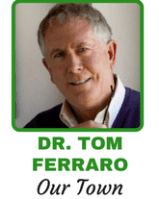
There is currently an epidemic of pain in America. A recent op-ed piece in The New York Times by Nicholas Kristof went into some detail as to why doctors are seeing more mysterious cases of chronic pain usually diagnosed as Chronic Pain Syndrome, Fibromyalgia, Irritable Bowel Syndrome, headache pain and chronic back pain.
Edward Shorter, the professor of history at University of Toronto, wrote the book “From the Mind into the Body: The Cultural Origins of Psychosomatic Symptoms” back in 1994 and he pinpointed the same grim truth that the modern age is producing more and more stress- related illnesses, pain and anguish.
There is wide agreement that there are many factors involved in this explosion of pain and psychosomatic disorders, including increases in loneliness, the fragmentation of the family, traumatic events, and economic hardships. It is interesting to see how COVID had its traumatic effect on all societies as it unleashed a life of quarantining, the fear of death, a sense of Isolation, and now economic worries.
We live in a world best characterized by what sociologist Emile Durkheim referred to as anomie, or profound alienation, as social bonding breaks apart and there is no longer any moral guidance to help individuals know what to do. It is very easy to see that as a whole, society has regressed into a more primitive psychological state, which includes acting out, greed, anger, anxiety and confusion. One place we are seeing this confusion is in the astounding plethora of gender and sexual identities kids are now faced with. There are now something like 18 different type of sexual orientations. Long gone are the simple days of male and female.
Social fragmentation, social confusion and being a part of this anomie drift has produced a regressed society with primitive defenses and primitive character disorders. Psychosomatics occurs when the body is overburdened with emotional tasks but can no longer contain the emotions so you begin to feel the symptoms of pain.
And we all know that there is a veritable explosion of narcissism in America, with President Trump merely being the latest example. One of the most telling lines in recent film history was heard in the movie “Wall Street” when Michael Douglas asserted “Greed is good” or when Cuba Gooding Jr. quipped “Show me the money” in the film “Jerry Maguire.” The reason these quotes are so familiar and easily recalled is that they serve as screen memories for a culture that understood what happened to itself. The rough beast had finally arrived at the gates and his name is Narcissus.
The reason the Kristof piece in The Times was so compelling was that it highlighted this curious and sad connection between loneliness and pain. Years ago I did research on what immediately precedes the emergence of a psychosomatic disorder in patients. I interviewed 400 patients and discovered that there was a connection between loss and the emergence of an illness. When loss was imminent or was experienced, patients commonly experienced some kind of physical pain and illness. This suggests how dangerous, problematic and powerful loss can be.
In addition the findings explain why patients often feel pain since it allows them to seek out medical attention where they can find guidance, help and most importantly sympathy and solace. One might call this secondary gain, but that demeans the very need for connection that the patient has.
We live in a cruel world. We all need to live in surroundings that provide predictability and love. The famous medical study of Rosetta, Pa., found that the residents of that very close Italian community were virtually immune from heart disease not because of their diet. They ate pasta, drank wine and liked desserts. What made them immune to heart disease was the fact that they lived in a tight-knit, supportive community that made them feel safe, well-connected, welcomed and loved.
This feeling of predictability, safety and love are the things sorely lacking in today’s America. We have excitement, great entertainment, great restaurants, great drugs to take and great things to buy. But that does not seem to be satisfactory. Pain syndromes are on the rise as are psychosomatics and hypochondriasis.
There is no evident change on the horizon. There is no new ideology or value system that is about to change any of this. And there is certainly no magic pill that will make all this pain go away. As Kristof said at the end of his piece, the only real change that will work is to address the deeper wounds in our society.
And since that is not about to happen any time soon, the best patients can hope for is to find sympathetic doctors who might have the time to see them and give them some sympathy and love and a bit of medicine. At least that gives the patient a chance to interact with a kindly human who is trained to do no harm.







